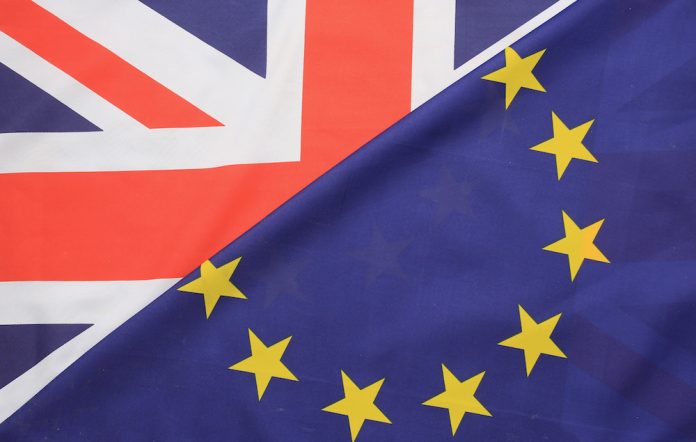[ad_1]
Brexit could have a “catastrophic” impact on Britain’s creative arts sector, warns a new report.
Compiled by The Creative Industries Federation, the report examines the impact of international talent on British creative arts. Highlighting a severe skills shortage, it warns that the removal of freedom of movement – a key factor in Brexit’s removal of the UK from the European Union – will worsen these issues through exclusion of foreign talent.
It was recently revealed that Britain’s creative sector generates £9.5 million an hour for the UK economy, but the CIF’s report suggest this could take a huge cut once the UK leaves the EU.
75% of Britain’s creative companies employ workers from the EU and further afield. Jellyfish Pictures, for example, who worked on some of the special effects for Star Wars: Rogue One, employs 200 people, a third of whom are EU nationals.
Speaking to Sky News, Jellyfish Picture CEO Phil Dobree said: “There needs to be a very quick system for getting people in. You may be asked to do another a number of shots in a movie at short notice and if we are not able to do them because we don’t have the capacity, that obviously presents a threat.”
He continued by stating that for UK creative arts to thrive, the government will need to employ a ‘Creative Freelancer Visa scheme’ to allow quick movement of individuals across borders, for work purposes.

‘Rogue One: A Star Wars Story’
Tory Culture Secretary Karen Bradley recently stated that the creative industries not fear Brexit, stating: “I have met a number of people in the creative industries – I’m not going to say who they are as it wouldn’t be appropriate for me to say – who have told me that they’re not worried about the loss of freedom of movement because they believe the sector will thrive.”
However, the CIF report – and CIF CEO John Kampfner…
[ad_2]
Read-Full-Article








